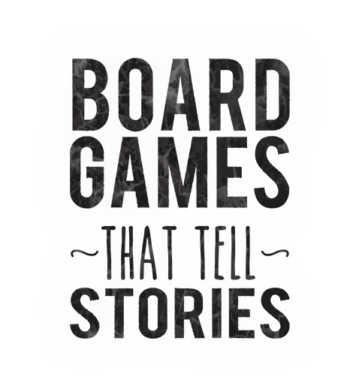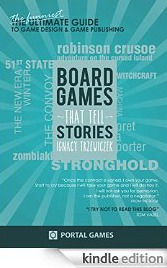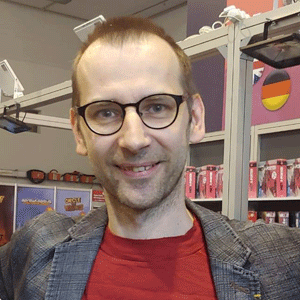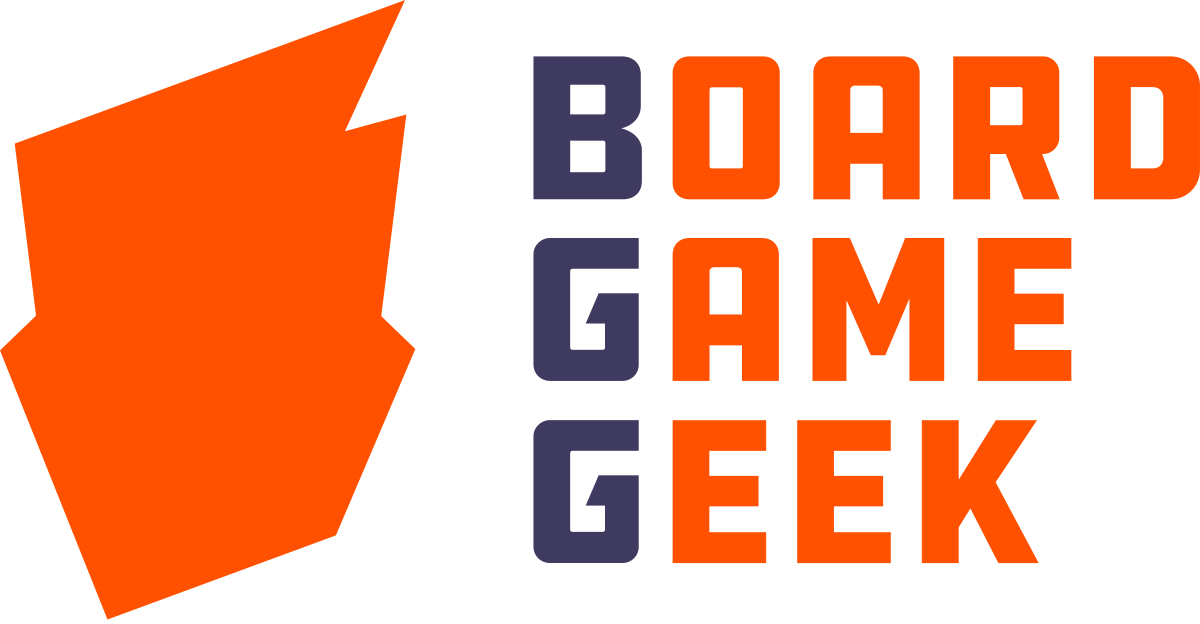Heart on the pitch
Initially the prototype doesn’t work. It’s ugly, boring and crashes often. It takes a lot of effort to find people willing to play and test it. Friends try to avoid it, preferring other games from their collections. It starts working after a few months. It doesn’t crash. You are happy with it, after many weeks it’s finally there – your game works. You start thinking about sending the prototype to a publisher.
Stop. Before you do that, you need to answer a question.
Before you send a prototype to a publisher, answer the question – Is my game the best game in the world? If the answer is “No”, you can throw your prototype away. I’m being serious. If you yourself don’t consider the game to be excellent, outstanding, the best in the world, then what are you counting for? Do you think others will? You don’t love it, so what do you expect from others?
Every time I sat down to work on Stronghold, tinkering with rules, drawing boards, castles, in every moment, every afternoon, there was one thought in my mind: “Here comes Stronghold, the best board game in the world.” I would create new Invader’s actions, or design new Defender’s actions and mutter: “Agricolo, you are about to lose your crown, Stronghold is coming.” Everything I did for the game, I did believing that I was creating the best board game in the world. I would sit awake at night wheeling and dealing how to make it even better, so it could beat Puerto Rico and other top games.
I’m a realist. I know that Stronghold won’t ever reach the BGG charts’ No. 1. I knew it even when I was creating it. But being realistic has nothing to do with it. When you design a game, you clench your teeth and do everything you can to create the best game on this planet. There is no other way. Your game will revolutionise the market, it’ll get you both Spiel des Jahres and DeutscheSpielPreis together and your name will be the synonym of genious. That’s all that matters to you.
And it’s a bit like in a basketball match. When you face Chicago Bulls with Michael Jordan on the pitch, you realistically estimate they’ll win 96-72 or 101-78. But down in the changing room you believe in victory. You’ve trained to the limit, your team is tuned, your coach is good, and so you believe you can win. You have to believe you can defeat everybody. The game starts, you loos two quarters and before the half time it becomes obvious that you’ve failed. But it doesn’t matter. Training, heart on pitch, hope and strength matter.
The game came out and didn’t reach BGG’s No.1, and that was to be expected. But back then, when I was sitting over nights, creating it, preparing it for publication – I believed it was the best board game in the world. I believed that it’s excellent, that people would love it, and that it’s unlike any other released game. Original, interesting, thrilling.
If you’ve finished working on your prototype and plan sending it to a publisher without yourself being able to describe it as original, interesting, thrilling and that it’s the best game in the world and it’s going to BGG’s top 10, then you take that game and bin it.
There are thousands of average games in the world. Publishers expect the best of the best, and won’t settle for less.


 I strongly believe that good board game is the one that tells a good story. You play it and suddenly you are sucked into it, you feel chills on the skin. Emotions grow. In a moment you defend castle. You hear roar of warriors. You smell boiling oil. You are into it.
That's how I design my games. I always want to tell a good story. I want players to be into it. As deep as possible.
I strongly believe that good board game is the one that tells a good story. You play it and suddenly you are sucked into it, you feel chills on the skin. Emotions grow. In a moment you defend castle. You hear roar of warriors. You smell boiling oil. You are into it.
That's how I design my games. I always want to tell a good story. I want players to be into it. As deep as possible.




Leave a Comment